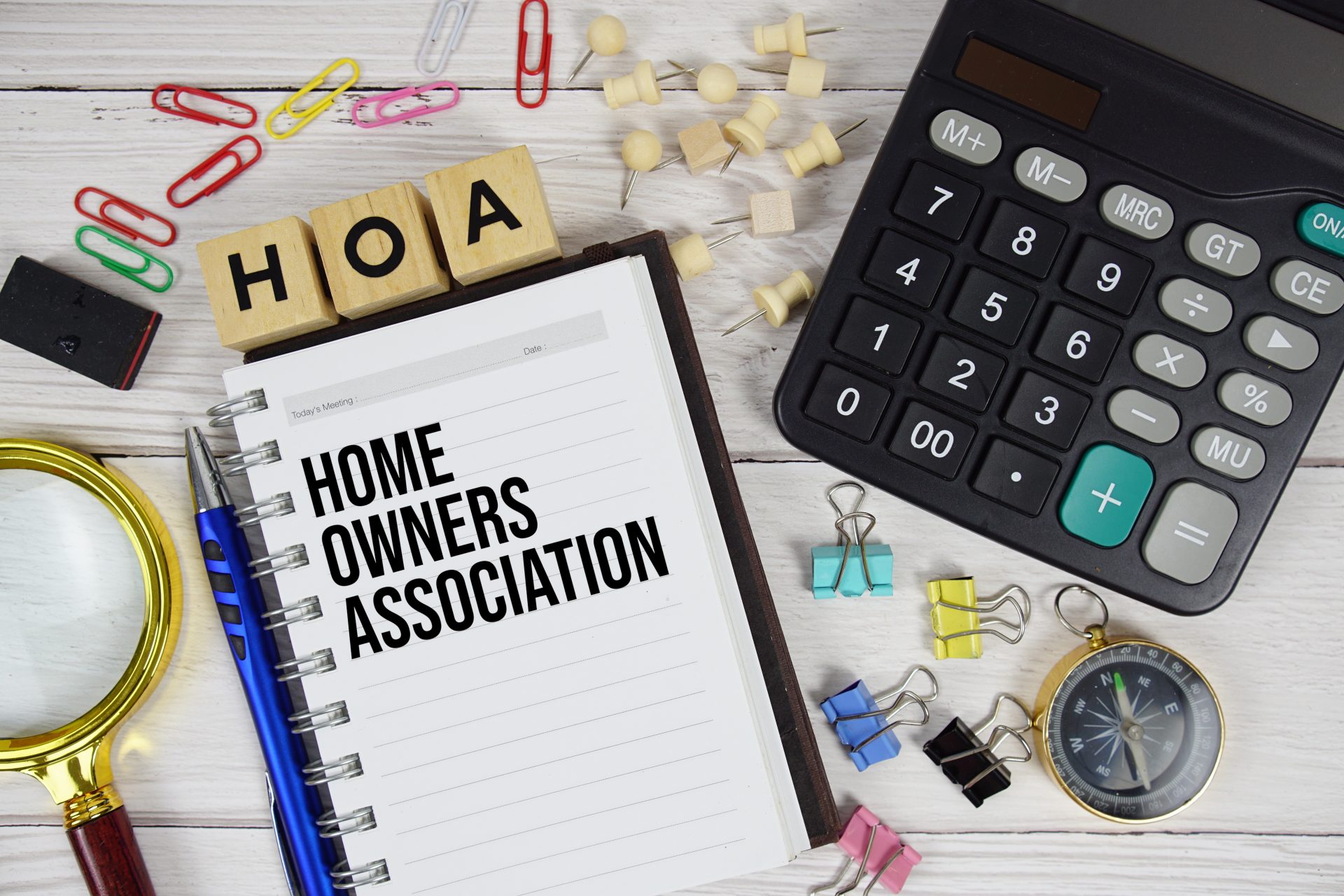
The Overwhelmed Volunteer’s Guide to HOA Management and Finances
“I didn’t sign up for this.” That thought might have crossed your mind when you discovered all that’s required of you to serve on your HOA board. You wanted to help your community, not become the neighborhood accountant, project manager, and conflict resolution specialist rolled into one.
If you feel you’re in over your head, you’re not alone. Most HOA board volunteers step into leadership roles with great intentions but often lack adequate training. Managing finances, coordinating maintenance, and communicating with residents quickly becomes a second job. But with the right tools, even the most overwhelmed volunteer can bring order to the chaos. Understanding the basics of HOA Management is the first step toward feeling more confident in your role.
The Responsibilities That Get Overlooked
Managing an HOA sounds simple until you’re in the weeds. Beyond meetings and maintenance calls, there are complex, often-overlooked financial responsibilities that many volunteers aren’t prepared for.
Creating and managing budgets is a critical task that often feels more intimidating than it should. Without a clear budgeting process, boards may underestimate costs, overestimate dues income, or fail to allocate enough for reserves. These gaps show up when unexpected expenses hit. By that time, it’s often too late to adjust course easily.
Collecting dues and managing payments is another area that can quickly get out of hand. Relying on manual tracking or inconsistent reminders creates room for confusion and missed deadlines. When dues aren’t collected on time, the board has trouble paying vendors, maintaining property, and planning long-term projects.
Tracking expenses and vendor invoices may sound straightforward. In reality, it involves monitoring multiple service providers, payment schedules, and individual line items. A single lost invoice or late payment can damage a vendor relationship or throw off monthly reconciliation.
Then there’s financial reporting. Residents want to know how their dues are spent. When reports are infrequent, unclear, or filled with errors, trust in the board starts to falter. Consistent and transparent reporting builds community confidence and keeps the board organized and accountable.
These responsibilities often go unnoticed until something goes wrong. Many volunteer-led HOAs operate with good intentions but lack the structure and oversight necessary for consistent success.
Where Volunteer-Run HOAs Go Sideways
Duplicate or inconsistent financial records are a frequent problem when there’s no shared system. One version of a spreadsheet may not match another, which leads to confusion or disputes. Miscommunication with residents about dues and fees is also common. Without automated reminders or clear statements, residents may forget to make payments or misunderstand what they owe.
All of these issues affect the board’s credibility. Worse, they can cause friction within the community. Transparency and reliability are key to good HOA management. When those values slip, residents notice.
Financial Tools That Lighten the Load
The right tools can make a world of difference. Instead of manually tracking every payment or updating the same spreadsheet for the tenth time, imagine having a system that handles the bulk of the work.
Automation is a lifesaver for busy volunteers. With automated invoicing and reminders, there’s no need to chase down late payments or send notices by hand. Built-in templates can simplify budget planning and reporting. Even a basic dashboard can provide real-time insight into your community’s financial health.
Software designed for HOAs enables volunteers to send invoices and track dues in real time. This makes it easier to stay on top of payments. It also generates monthly and annual financial reports that are easy to understand and share with board members and residents. Some systems let you set up automatic late fees or offer early payment discounts. Because everything is tracked digitally, your records stay audit-ready throughout the year.
Understanding the ins and outs of HOA Finances empowers volunteers to manage their roles more effectively. It also reduces the risk of burnout.
Smart Tools to Support Volunteers
You don’t need to be a CPA to manage your community’s finances. Today’s technology does the heavy lifting for HOA volunteers everywhere.
HOA management software consolidates all information into a single, central platform. From dues collection and maintenance requests to document storage and communication tools, these systems make self-management not just possible but practical.
If you’re mainly focused on finances, HOA accounting software is another powerful option. These tools help you build budgets, track expenses, and manage cash flow with confidence.
The best solutions offer features like customizable charts of accounts, so your records align with your community’s unique budget structure. Bank reconciliation tools identify discrepancies before they escalate into larger issues. Financial statements are generated automatically, saving time and improving accuracy. Secure resident portals let homeowners pay dues, review documents, and receive notices online.
These systems save time and help prevent mistakes. More importantly, they facilitate clear and consistent communication between board members and residents.
Supporting Board Transitions and Legal Readiness
Volunteer turnover is inevitable, and when it happens, essential financial knowledge often walks out the door. Using cloud-based software helps bridge that gap. With everything stored and organized in one place, incoming board members can quickly get up to speed. This ensures continuity, avoids missteps, and preserves the institutional knowledge that keeps an HOA running smoothly.
Software also plays a role in meeting legal and compliance requirements. Many states require HOAs to maintain specific financial records or conduct annual audits. A good management platform can simplify compliance by generating the necessary documentation for reviews, inspections, or legal inquiries.
Building Trust Through Financial Clarity
When residents feel confident in how their dues are managed, everyone wins. Software platforms that offer real-time dashboards and easy-to-read reports eliminate the guesswork from community finances. Instead of wondering where their money is going, homeowners can see the numbers for themselves. That level of visibility fosters transparency and trust.
Boards that communicate consistently and clearly—especially around money—earn the benefit of the doubt when decisions get tough. Whether you’re adjusting fees or prioritizing maintenance projects, trust smooths the path. And in communities, that trust is often built through the timely, accurate, and shared provision of financial information.
You Don’t Have to Be an Accountant
The role of HOA treasurer, president, or secretary shouldn’t require an accounting degree. It simply requires organization, communication, and a willingness to learn. With the right tools, anyone can manage their community’s finances with clarity and confidence.
Don’t let spreadsheets and late-night data entry sessions make you forget the reason you volunteered in the first place. You care about your community. You want to make it better. The right software can help you do just that, without burning out.



 Bitcoin
Bitcoin  Ethereum
Ethereum  Tether
Tether  XRP
XRP  USDC
USDC  Solana
Solana  TRON
TRON  Lido Staked Ether
Lido Staked Ether  Cardano
Cardano  Avalanche
Avalanche  Toncoin
Toncoin